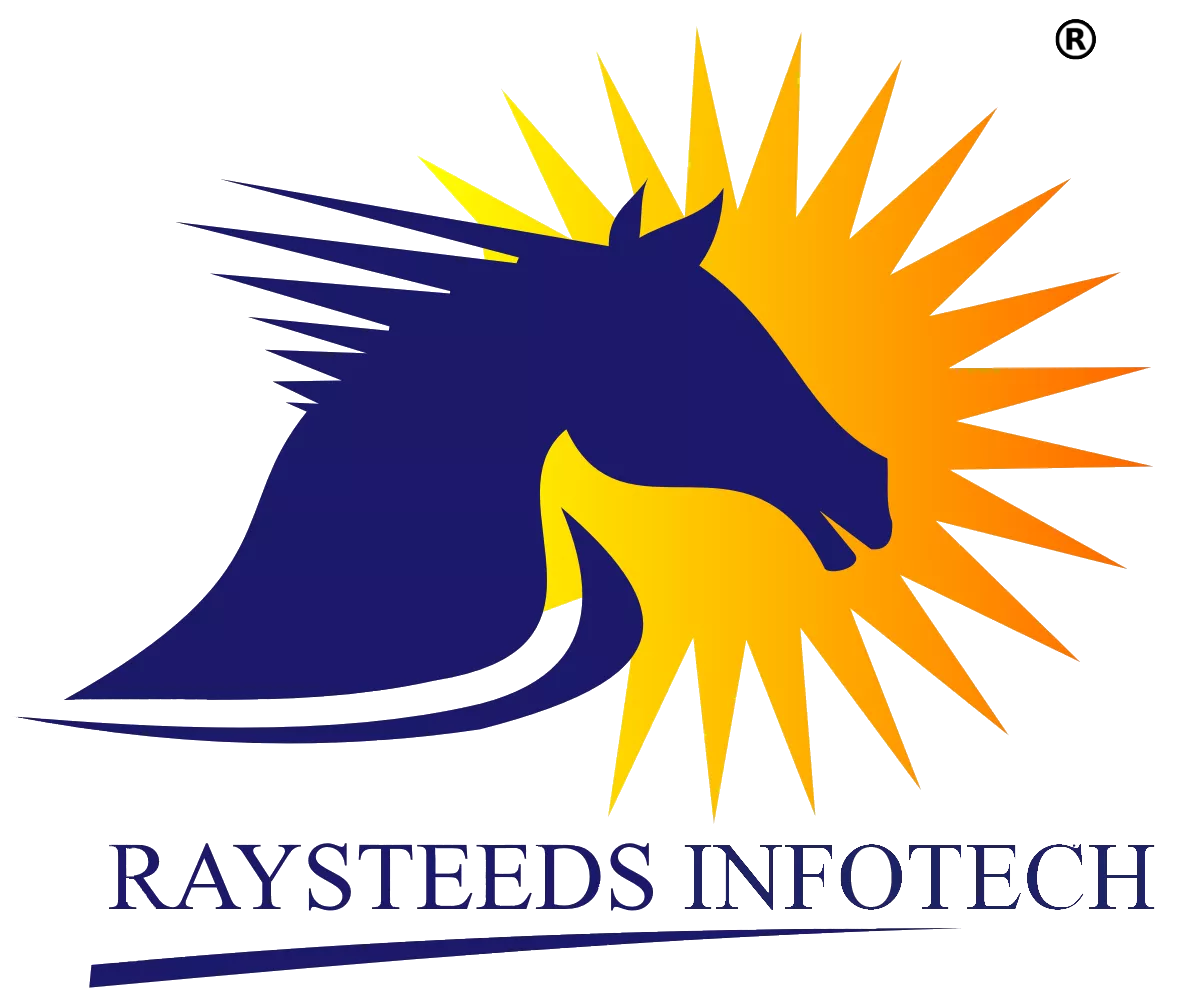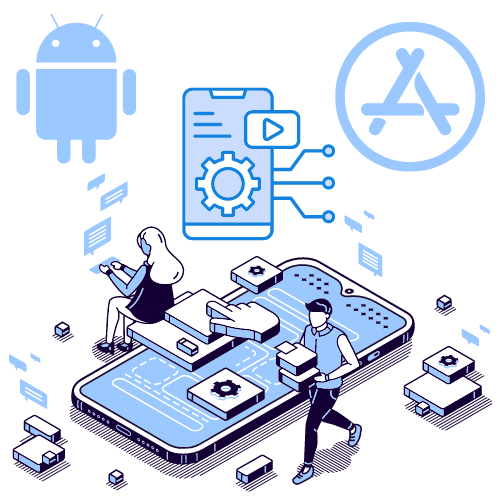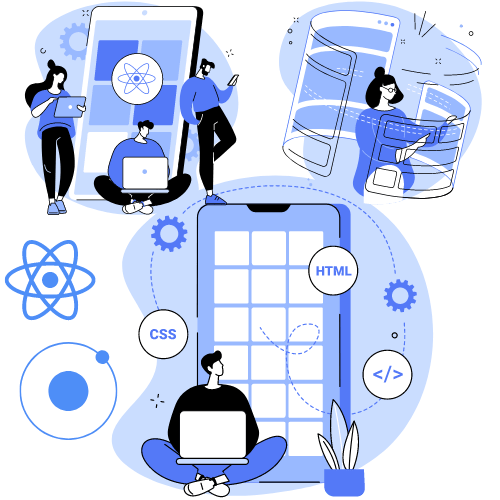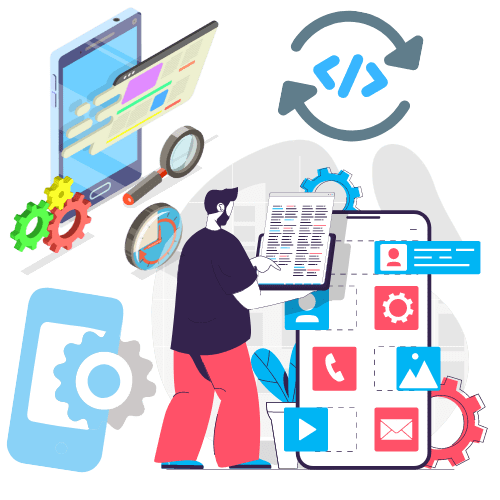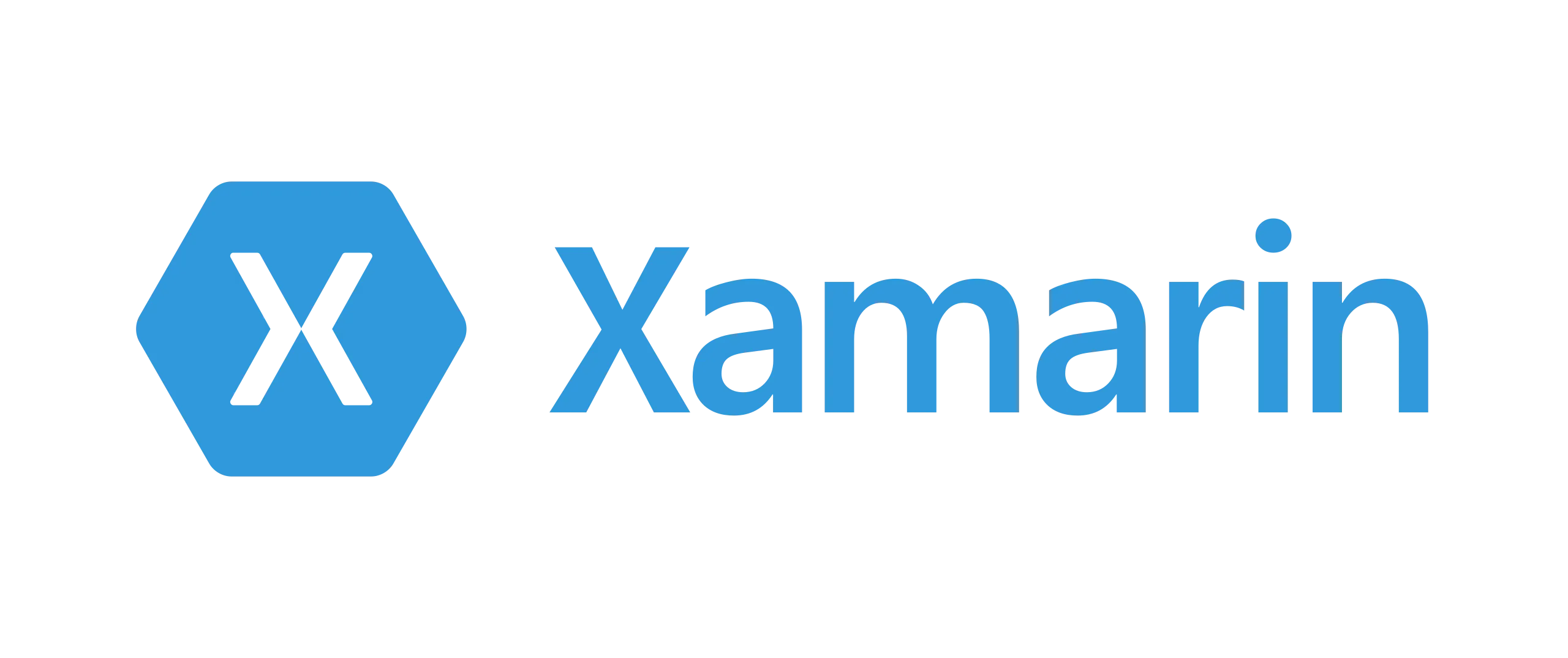Custom Mobile App Development
Custom mobile app development is a service provided by Raysteeds Infotech to create personalized and tailored mobile applications for businesses. We understand that every business has unique requirements and objectives, and our team of skilled developers works closely with clients to design and develop custom mobile apps that meet their specific needs.
By leveraging the latest technologies and following industry best practices, we create mobile apps that are user-friendly, visually appealing, intuitive navigation, smooth performance, and offer seamless functionality. Our custom mobile app development service covers various platforms, including iOS and Android, ensuring that your app can reach a wide audience.
Whether you need a mobile app for e-commerce, social networking, on-demand services, or any other business purpose, our custom mobile app development service can transform your ideas into reality. We offer ongoing support and maintenance to keep your app up-to-date and provide new features as your business evolves.
